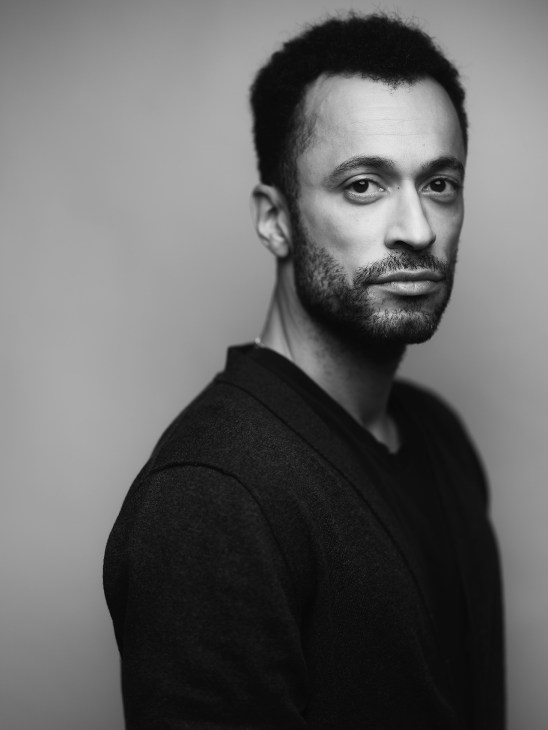Author Thomas Chatterton Williams on the backfiring of identity politics and the unravelling of America
In his latest release, Williams warns readers against the risks of identity-centred movements led by both the right and left. We speak to him about his book and how to address a fractured democracy.
Thomas Chatterton Williams is a staff writer at The Atlantic, a visiting professor at Bard College and a nonresident fellow at the American Enterprise Institute. His latest book is Summer of Our Discontent: The Age of Certainty and the Demise of Discourse, a reflection on the online and offline tumults of 2020, a year consumed by the coronavirus pandemic, the murder of George Floyd by a Minneapolis police officer, and a bizarre and rancorous US presidential election.
The book recalls this period as one in which the most outspoken cohorts of both right and left became so detached from reality that each sought to co-opt a morally indifferent virus for their own psychodramas. The consequences, as the briefest survey of modern politics will confirm, are with us still.

Is there an argument to be made that, with all things considered, it’s surprising that we didn’t go even crazier?
I like that; it could have been worse. Yes and no. There was a moment when we really did lose our minds in many ways. But you’re right – society didn’t come to an absolute halt. While there was violence in the US from the summer of 2020 through 6 January 2021, it could have been much worse. As chaotic as things were, society didn’t fully come apart; that’s the optimistic take. Still, there were subtle and lasting damages that we continue to deal with today. This is especially true with the backlash against the excesses of the left, which we’re experiencing now under Donald Trump’s second presidency.
The book is in part a critique of those strident identity politics – but is it arguable that in a confusing situation, people are drawn to the certainties that come with it?
We have to acknowledge that many people – both on the conservative right and on the progressive left – didn’t want to transcend race and identity. After the disillusionment that followed Barack Obama’s inability to change the country overnight, the left embraced identity, difference and tribalism – along with the idea that we must advocate for ourselves as identity blocs. I believe this had a very pernicious effect. It has given the white majority permission to advocate for themselves as a racial bloc, an idea that had previously become disreputable among large swathes of the white population. A lot of people feel most comfortable in a balkanised America, where groups advocate for themselves as a team. We must face that. But what we glimpsed in the early Obama years is a promise that we can still live up to.
Near the end of 2020, when Trump lost the election and the coronavirus pandemic seemed to be receding, did you think things had gone back to normal?
I sort of did but then it got weirder. The progressive left overplayed its hand, believing that it could dictate cultural norms from the top down. People were not saying what they really thought because there was a climate of fear and censoriousness in academic, media and cultural institutions. As a result, we had an inaccurate idea of what the country truly believed. By 2024, it came as a shock to many that Trump hadn’t gone away – and that we were seeing a snowballing rejection of the American vision that had succeeded in 2020. It was a Pyrrhic victory, is what I’m saying.
It would obviously be dispiriting to publish a polemic and have no one pay attention to it. But are you surprised by how angry ‘Summer Of Our Discontent’ has made its critics?
I’m not. I’ve been at this for a little while, and I know that these are divisive issues. What has surprised me is how strong the urge is to memory-hole some of what we all lived through, to deny how bad it was. It was a very chaotic moment, and people don’t seem to want to assess it on its own terms. Some say, ‘If there was violence, it was justified,’ or if people got fired, it’s ‘You have to break some eggs to make an omelette.’ I’ve seen critics argue that it makes no sense to discuss what the left did wrong because what the right is doing is so much worse. While I agree that the right’s actions are worse, we can’t understand why the country chose to prefer the right without also evaluating what the left is doing.



